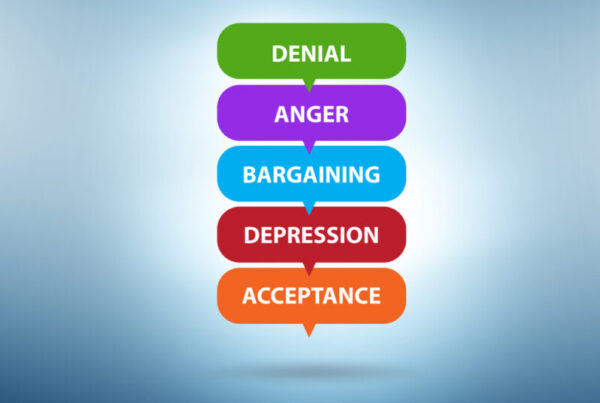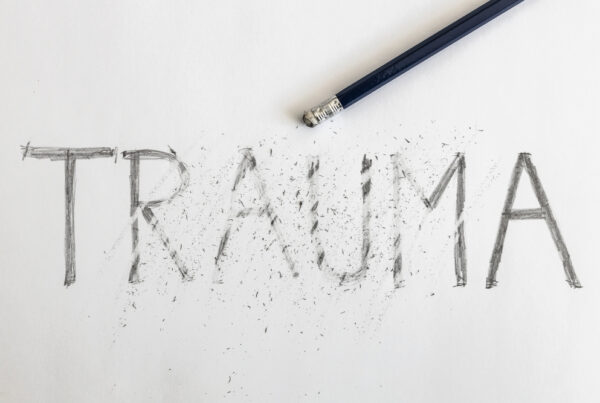Post traumatic stress disorder (PTSD) is a serious condition, one that may begin to impact almost every aspect of day to day life. Proper treatment is often essential for ensuring that sufferers are better able to manage and address symptoms of the disorder. PTSD is often closely associated with alcohol and drug use as well as other metal disorders like depression and anxiety. Possessing a better understanding of the various manifestations of PTSD helps to ensure that loved ones and those who suffer from PTSD are able to seek the help they need.
Emotional Issues
Loss of equilibrium is very common for those who suffer from PTSD. Emotional problems, issues and symptoms of the disorder may include:
- Flashbacks, nightmares or intrusive thoughts regarding the event
- Greater propensity towards depression and heightened anxiety
- Insomnia, loss of concentration or withdrawing emotionally
The full emotional impact of a past trauma may not manifest immediately. It may be weeks, months or even years before those who suffer from PTSD are able to realize the full extent of their trauma. A delayed onset of emotional symptoms is not uncommon, especially for sufferers who choose to self-medicate through use of drugs and alcohol.
Changing Behaviors
While a minor or moderate emotional trauma may often produce short-term behavioral changes, the impact of PTSD is often far more extensive, lasting and severe. Behavioral changes may differ considerably from one patient to the next, but some of the most common signs of PTSD might include:
- Avoiding people, places or events that are associated with past trauma
- Drug and alcohol use
- Anxiety and panic attacks
If untreated, physical issues associated with PTSD may lead to additional problems. Addiction and chemical dependency are likely outcomes for those who fail to seek help or who attempt to manage their condition alone.
Physical Symptoms
While PTSD is an emotional disorder, there are a variety of physical symptoms that may develop. These symptoms are most often associated with the acute or chronic anxiety that sufferers often experience, but may vary depending on other factors such as overall health or the presence of additional medical or psychological conditions. Symptoms that may indicate PTSD might include:
- Elevated blood pressure
- Frequent or severe headaches
- Loss of appetite
Seeking Help for PTSD
When it comes to managing and treating PTSD, early detection and an accurate diagnosis may be of critical importance. Failure to seek treatment often leads to chronic problems and emotional issues like addiction or depression that can last a lifetime. Proper treatment of PTSD often involves cognitive therapy, various medications and the use of emotional support groups and similar resources. Attempting to treat or manage PTSD along side of a drug or alcohol addiction can be a more lengthily and difficult process.
Those who have suffered through an emotionally-traumatic event, who have noticed the signs and symptoms associated with PTSD in a loved one or who may have concerns regarding a potential drug or alcohol problem would do well to seek help. Taking action early and ensuring access to whatever treatment options and resources may be necessary can help to ensure a speedier and more complete recovery process.



